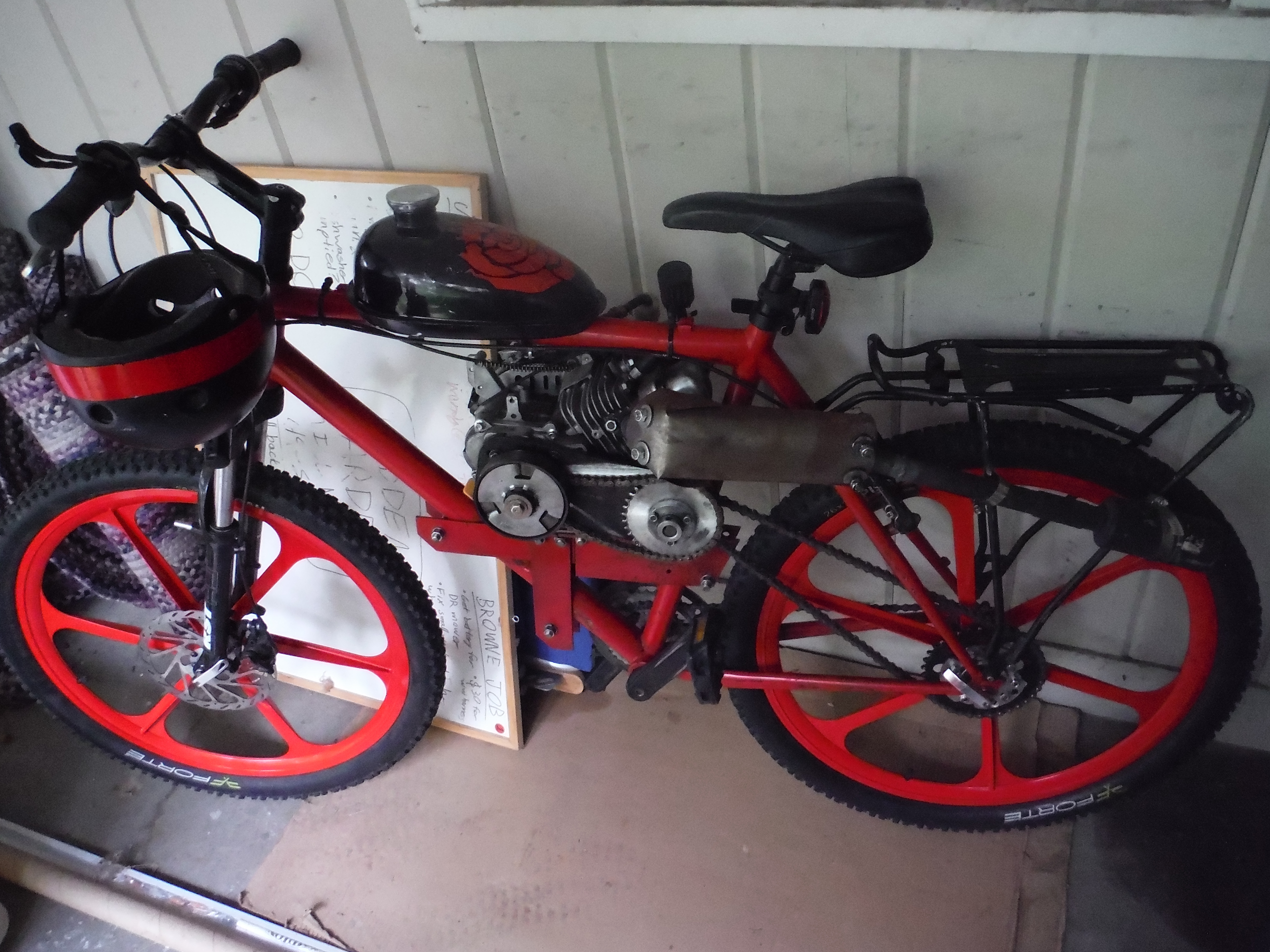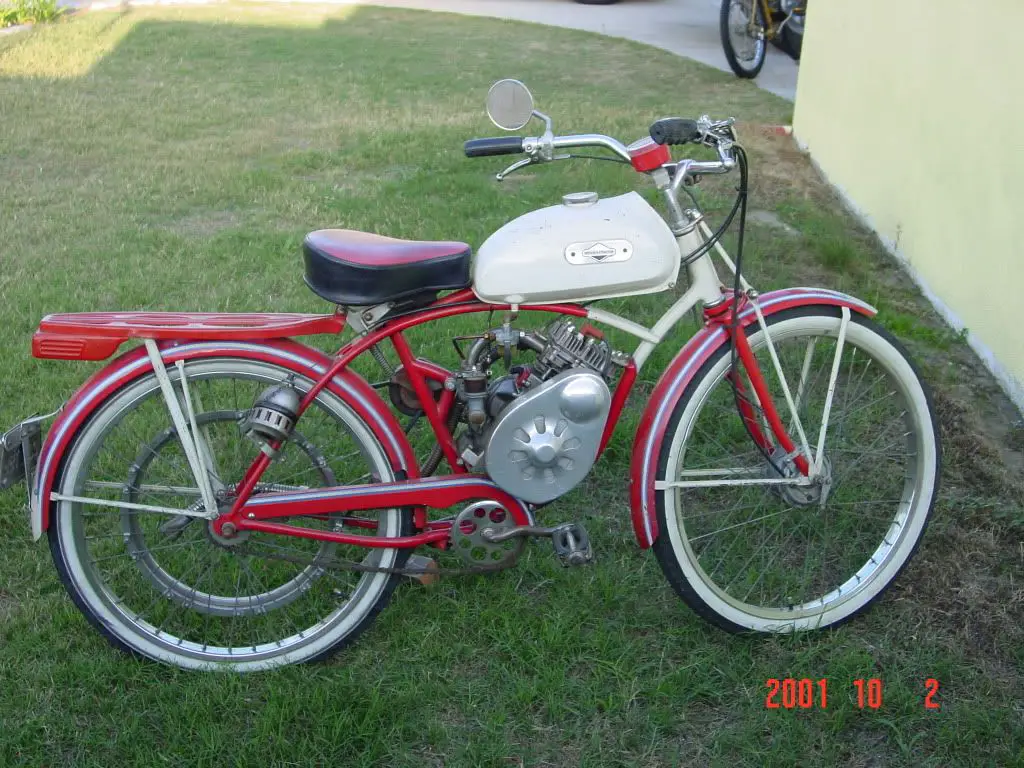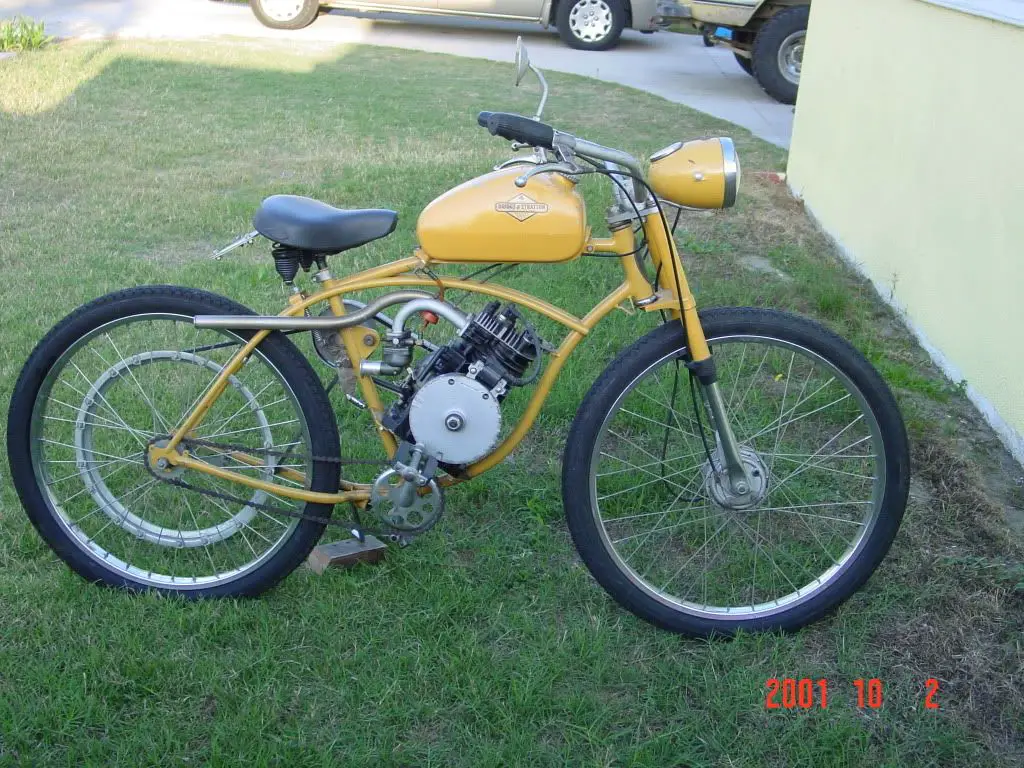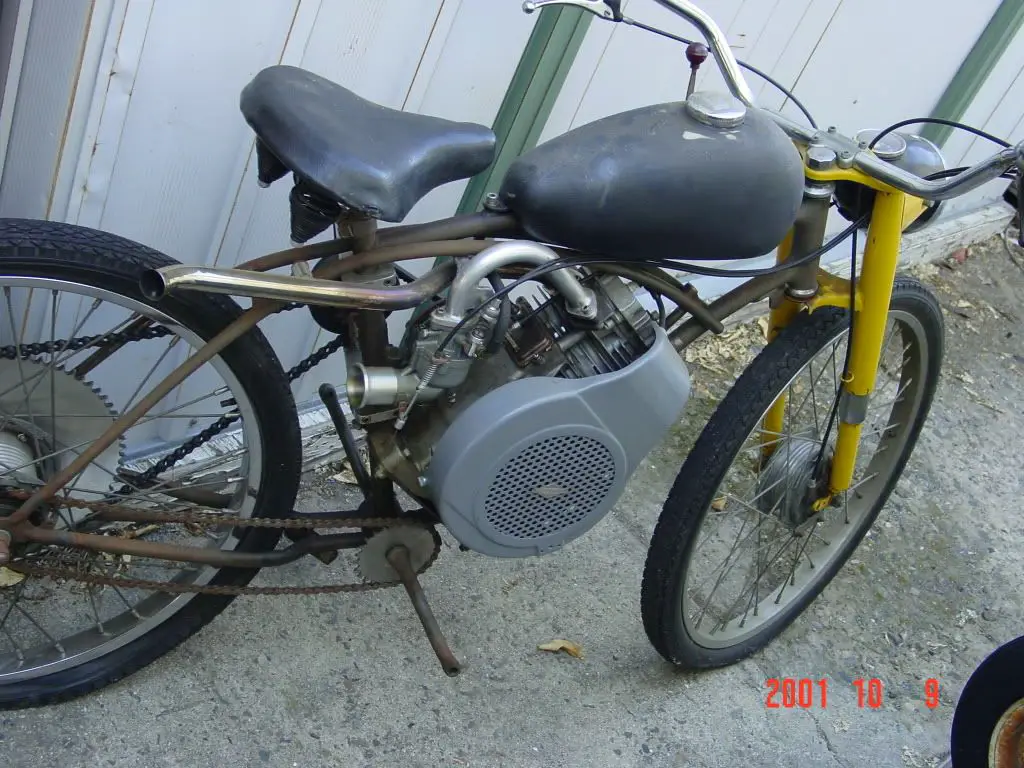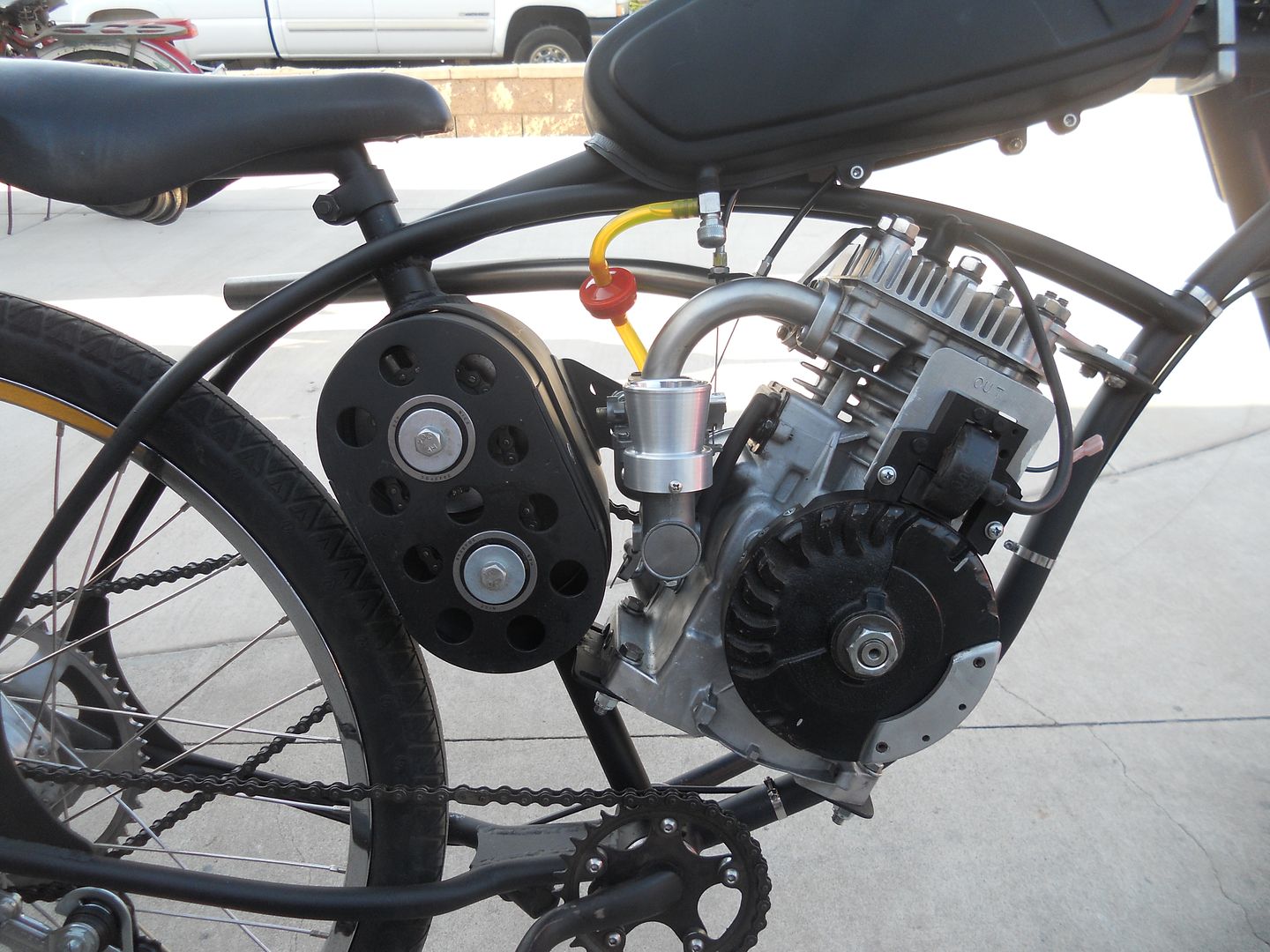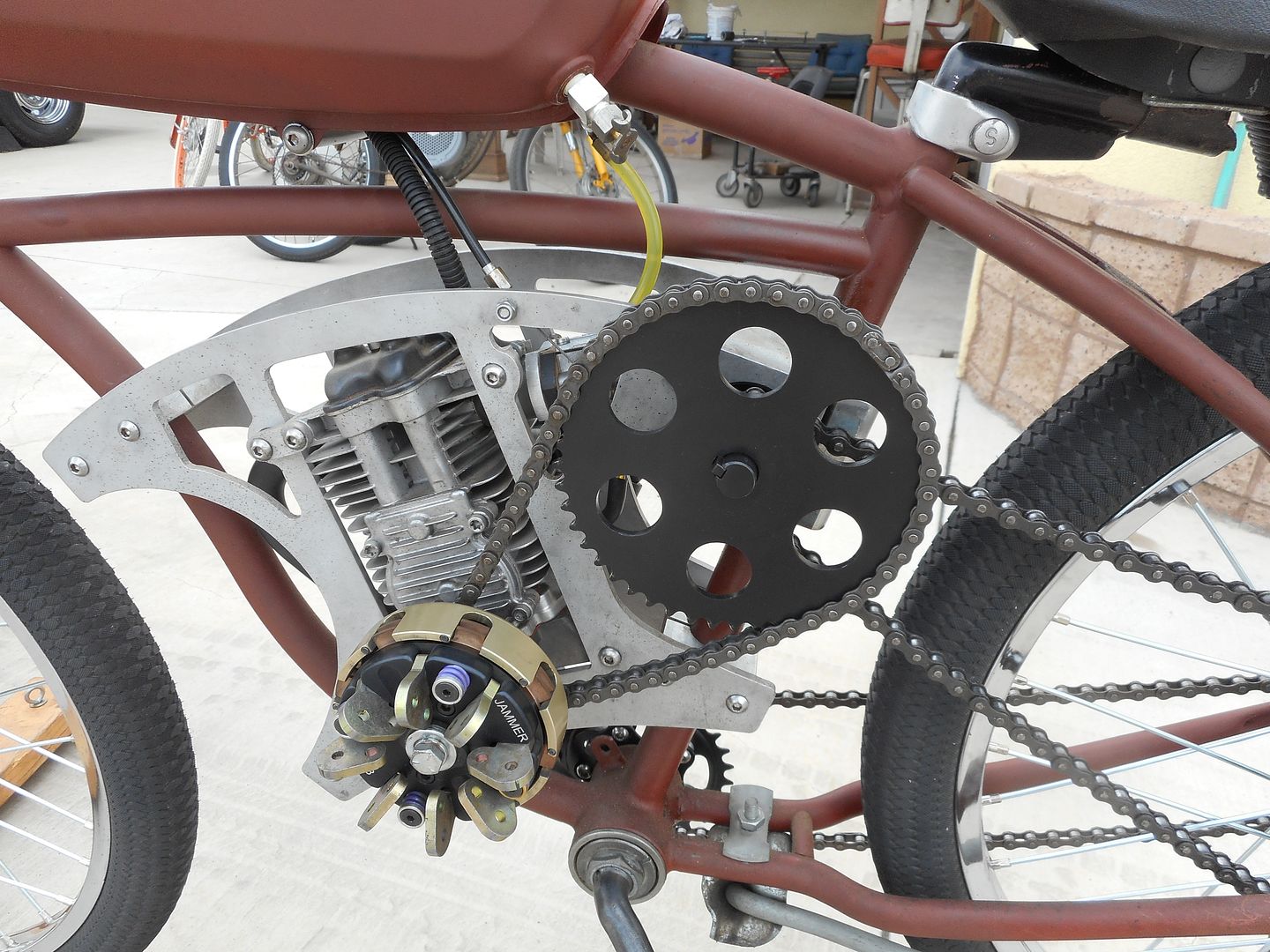WECSOG
Member
I like my two stroke, but I like four strokes a little more.
But they're not as reliable or long-lasting in my opinion. We all know this, they need more maintenance and they will last, but for the kinds of speeds that I want to stay at (full throttle) for the amount of time I want to ride, I find a four stroke much more reliable. And it uses pump gas, you don't have to carry a bottle of oil to every gas station you stop by.
For this reason my next bike will have a 79cc predator. Admittedly two strokes have impressive power and a small size, that's why I love them. But I don't love having an engine blow up after revving it too high for too long.
Still really want a gp460 though. You can hardly get 16K rpm on a 4stroke. For that reason 2 strokes are great for racing for short periods.
I hate electric. Call me a global warmer, but I truly prefer being able to squirt in some gasoline vs charge your bike overnight or carry an extra battery. As soon as they find a way to recycle most of an electric motor's energy, I will likely not buy one because of cost and the facts mentioned.
I agree with you about electrics. As for the longevity of two strokes, it all depends on how the two stroke is designed and its build quality; same as with a four stroke. A four stroke doesn't last long if run at maximum rpm for long periods of time, either.
Now, about that "pump gas" comment. I used to be averse to mixing up a special fuel blend too, but I've changed my outlook. Start with modern diesel fuel. What we are forced to buy from the pumps now is designed specifically to kill old-school, mechanically injected diesel engines. So for my old school diesels I have to mix my own fuel that won't harm them. In the process, I can make fuel that is even better than the old diesel was.
A similar situation exists with regular pump gasoline now. Modern cars are designed to deal with the deliberately low-quality and adulterated gasoline that is foisted off on us now. Carbureted engines aren't. That stuff is death on old-school carbureted car engines, and even more so on small engines. It's not good for even modern engines, but they are designed to put up with it so long as the car is driven regularly to keep a fresh supply of fuel running through it. That stuff is designed to kill old engines and engines in cars that don't get driven much, and to intentionally limit the life of small engines. Keynesian economics at its worst.
All that is to say, I don't run regular pump gas in my small four stroke engines either. I seek out good quality, non-ethanol gasoline and store it in 5-gallon cans for use in my motorcycles, motorized bikes, boat motors and other small and/or carbureted engines. Then I add oil to some of it as needed for my two stroke engines.
I've learned to embrace the concept of seeking out the best fuel for my engines, since I cannot rely on the normal supply chain to deliver fuel that won't kill my engines.



